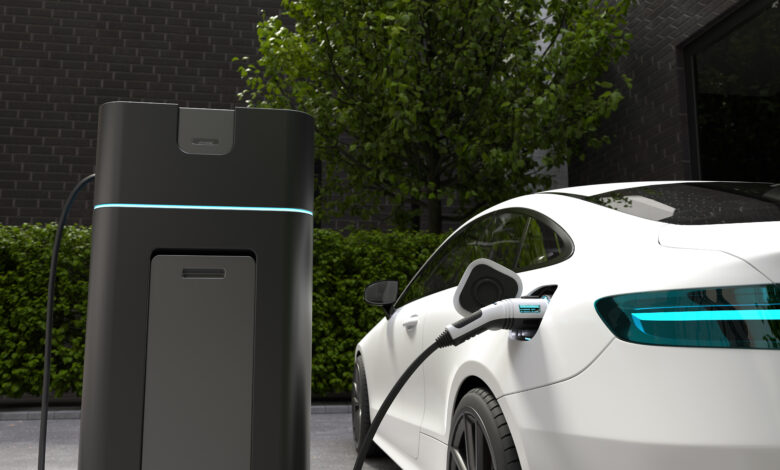India’s Groundbreaking EV Policy: Paving the Way for a Sustainable Future

India’s recent announcement of its Electric Vehicle (EV) policy marks a monumental step towards positioning the nation as a global manufacturing powerhouse and attracting significant investments, including interest from industry titan Tesla. With a keen focus on tax incentives and relief measures, this policy signals a paradigm shift in promoting EV adoption and propelling India towards a greener and more sustainable future. Let’s delve into the key aspects and implications of India’s pioneering EV policy:
Tax Incentives and Relief Measures:
Central to the policy is the provision of tax relief for companies committing investments exceeding $500 million and establishing manufacturing facilities within a three-year timeframe. Additionally, select EV imports will benefit from reduced import taxes, with a 15% customs duty applicable to vehicles exceeding a CIF value of $35,000 for five years. These tax incentives serve as a compelling draw for global EV manufacturers, positioning India as an attractive destination for setting up production facilities.
Promotion of Local Manufacturing:
India’s EV policy places a strong emphasis on bolstering local manufacturing capabilities to reduce dependence on imports. Manufacturers are mandated to set up facilities within a stipulated three-year period, thereby kick-starting commercial EV production. Furthermore, a prescribed domestic value addition (DVA) target of 50% within five years aims to promote indigenous production and technology transfer. This aligns seamlessly with India’s “Make in India” initiative, fostering self-sufficiency in the EV sector.
Environmental and Economic Implications:
The policy is poised to yield significant environmental and economic dividends by accelerating EV adoption and reducing reliance on fossil fuels, thereby mitigating urban air pollution. Moreover, increased production volumes and economies of scale are expected to drive down production costs, making EVs more accessible to Indian consumers. Additionally, the policy promises to reduce crude oil imports, narrow the trade deficit, and deliver substantial health and environmental benefits. This transition towards EVs underscores India’s unwavering commitment to sustainable development and climate resilience.
Attraction of Foreign Investment:
A key objective of India’s EV policy is to attract foreign investment, particularly from global EV giants like Tesla. The provision of tax relief and incentives creates an enabling environment for companies to invest in India’s burgeoning EV sector. Importantly, the absence of an investment upper threshold facilitates the local production of advanced technologies, bolstering India’s self-reliance agenda. This strategic approach not only strengthens India’s position as a manufacturing hub but also spurs job creation and fosters technological innovation in the EV landscape.
Navigating Challenges and Concerns:
Despite its acclaim, the new EV policy faces challenges, including concerns raised by domestic manufacturers regarding heightened competition from globally favored high-end EVs due to tax concessions. Striking a delicate balance between nurturing domestic manufacturers and attracting foreign investment is essential for the policy’s success. Moreover, ensuring the timely establishment of manufacturing facilities and achieving prescribed domestic value-addition targets are critical challenges requiring focused attention for effective policy implementation.
India’s new EV policy heralds a transformative era in the nation’s journey towards a sustainable and electrified future. By incentivizing EV adoption, fostering local manufacturing, and attracting foreign investment, the policy aims to accelerate India’s transition towards cleaner mobility while bolstering economic growth. With concerted efforts and stakeholder collaboration, India’s EV policy holds immense potential to revolutionize the transportation landscape and chart a course towards a greener and cleaner future.
We invite you to share your insights on the new EV policy. Join the conversation and stay informed by subscribing to The Green Vibe for daily updates and following us on our social media platforms.




